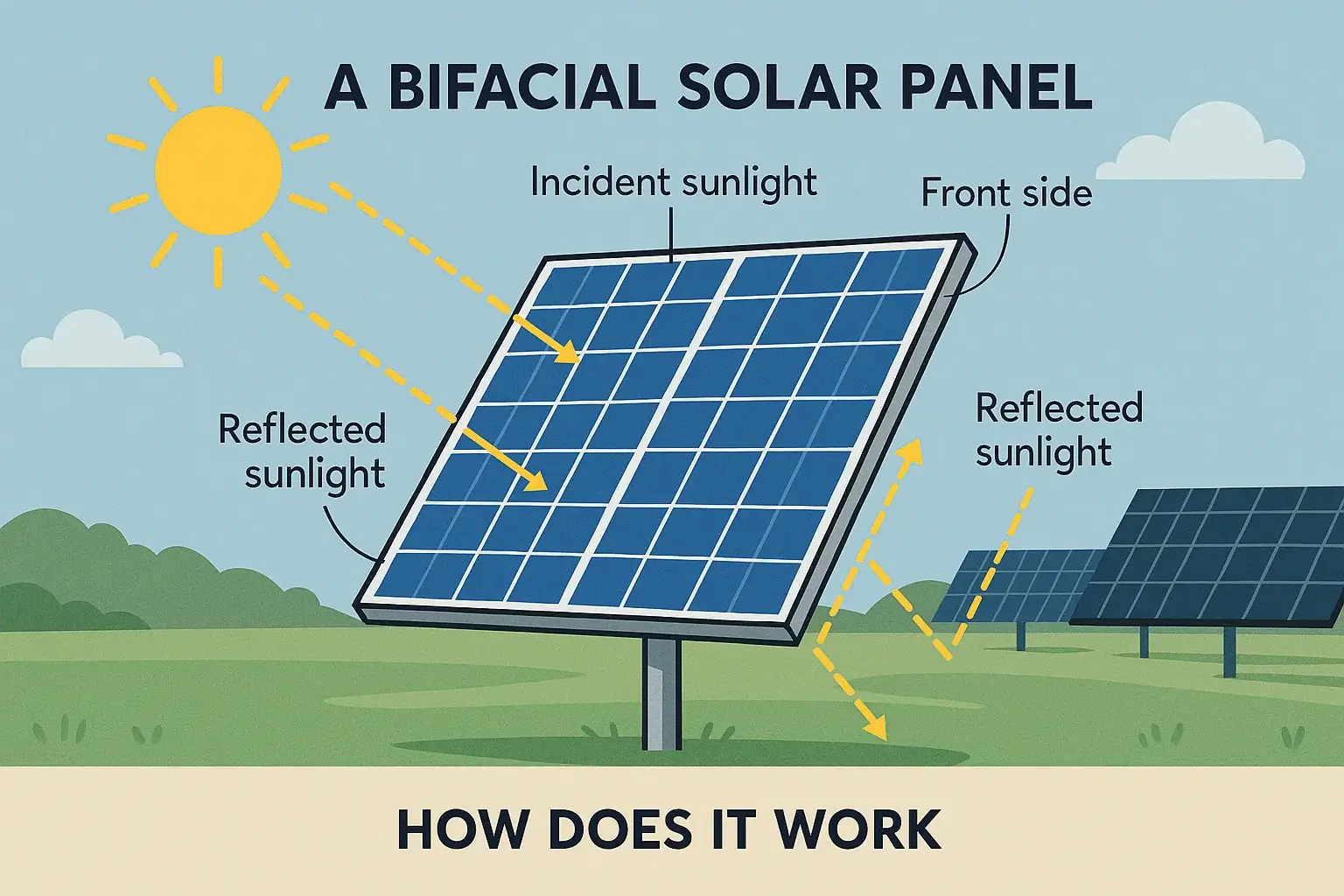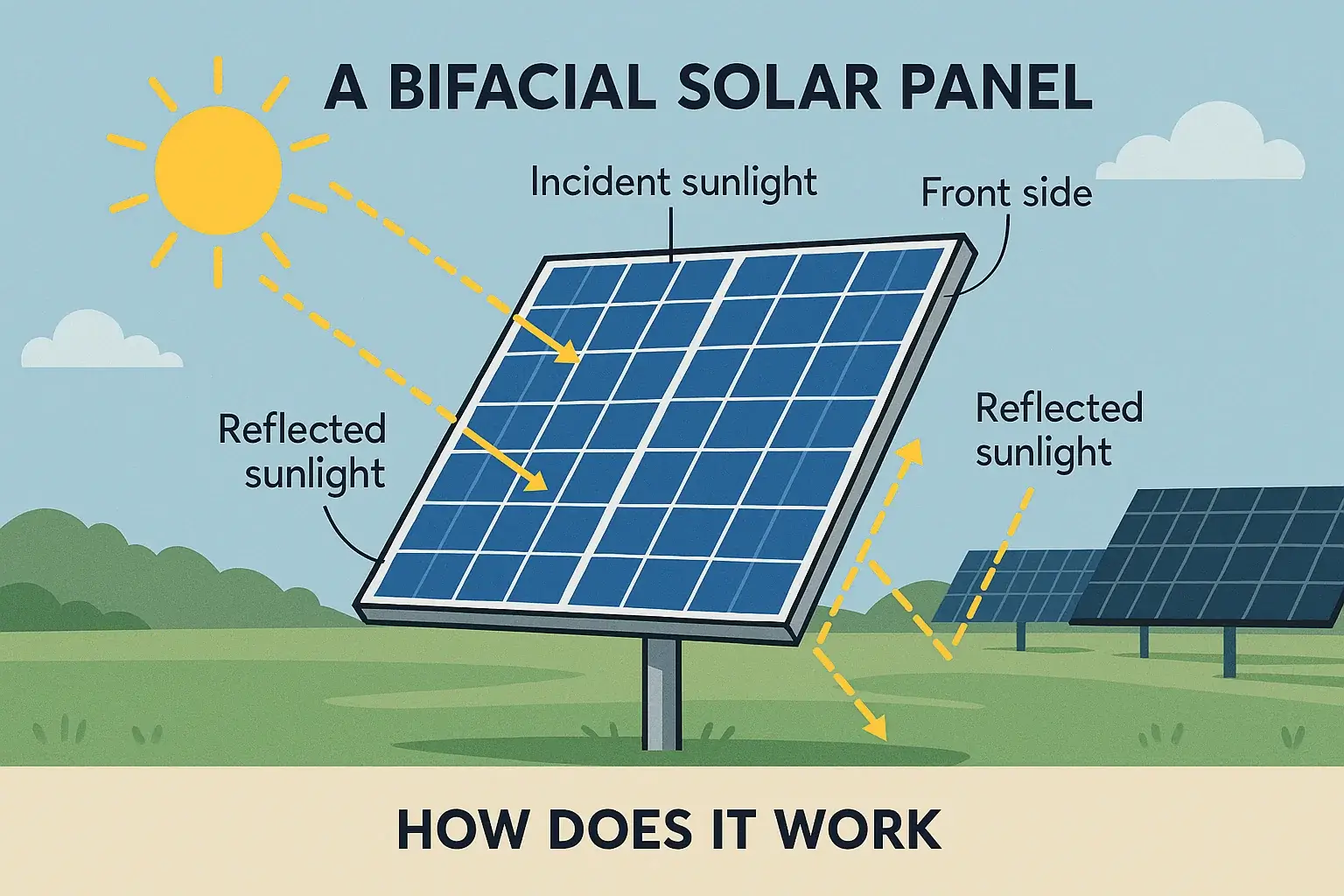Solar Illumination: A Comprehensive Guide to Evaluating Home Solar Lights and Panels
While solar panels and solar lights are both well-liked options for utilising solar energy in homes, they have different functions and benefits. The purpose of solar panels is to transform sunlight into electrical power. They are made up of several photovoltaic cells that use sunlight to produce energy in the form of direct current (DC). After passing through an inverter, this electricity is transformed into alternating current (AC), which may be used to power lights and appliances around the house. Usually, solar panels are mounted in open areas or on roofs to maximise their exposure to sunlight.
Solar lights, on the other hand, are independent lighting systems that use solar panels during the day to recharge their internal batteries. These batteries contain the energy used to power the lights at night. A lot of outdoor lighting fixtures, such as security lights, garden lights, and walkway lights, are powered by solar energy. Installing them is not difficult, and they do not require wiring or connection to the electrical grid. One of its main advantages is its ability to generate electricity that can run a range of household appliances and the residential solar panel cost involved. Because of the dramatic reduction or even elimination of reliance on conventional energy sources, this can lead to lower utility bills and a lesser carbon footprint. Solar panels can be connected to the grid and configured to sell back excess electricity to the utility company to further reduce costs.
An affordable and useful way to light up spaces outdoors without utilising electricity is using solar lights. They are especially helpful in places with spotty or restricted access to electricity. Because solar lights only use renewable energy sources and emit no greenhouse gases, they are also ecologically benign. Together, solar lights and panels help increase the use of solar energy, fostering sustainability and lowering reliance on fossil fuels. Since the original cost of solar technology may be recouped over time through lower energy bills, they provide long-term cost benefits. Moreover, using solar energy lowers air pollution and helps to fight climate change.
Factors Determining A Residential Solar Panel Cost
Although they have different uses, lighting and solar panels are both essential to the expanding solar energy trend. Solar technology offers a sustainable and environmentally responsible alternative for anyone wishing to lessen their influence on the environment and save energy expenditures, whether it is used for outdoor lighting or generating electricity for the entire house. Envision harnessing the sun's plentiful energy to power your home by converting your roof into a small power plant. Isn't that futuristic-sounding? However, this is more feasible than you may imagine using solar panels. However, selecting the appropriate panels might be challenging. Let's examine the many kinds, evaluate the installation procedure, and go over some budgetary issues to better prepare you for your solar adventure.
Three main rivals dominate the home solar market: monocrystalline, polycrystalline, and thin-film solar panels. Every option has pros and cons, so the decision you make will depend on your needs and financial capacity.
Monocrystalline:
With a maximum efficiency of up to 22%, these panels are similar to the group's marathon runners, producing more power per unit area. Because they occupy less space and function effectively in low light, they are perfect for tiny roofs. However, their cost is greater.
Polycrystalline:
These panels strike the ideal balance between cost and performance, offering a respectable efficiency (between 16 and 18%) at a more reasonable price. Their speckled appearance may not be to everyone's taste, but they are sturdy workhorses that fit most roof forms.
Picture your solar panels softly arcing over your roof! Because of their lightweight and flexible design, thin-film panels live up to this promise. They are ideal for unconventional roof shapes or places with limited space, even though their lower efficiency (around 10–13%) requires a larger installation area.
Solar panel installation requires expertise and careful planning. This is a simplified route map:
Site Survey and Design:
A professional assesses your roof's size, solar exposure, and energy needs to design a bespoke system.
Permitting Power:
Understanding local laws may take time and effort. Leave the permit application to your installer for a smooth process.
Constructing Your Solar Panel:
Your panels are firmly fastened to the roof by these robust, metal frames.
Joining the Dots:
An energy-capture network is created by carefully positioning and joining panels.
Wiring it Up:
Experts attach the panels to the inverter, which is the system's brain and converts DC power into useful AC electricity.
Backup Battery:
By using a battery system to store extra energy for later use, you may become more independent of the grid.
Grid Connection:
At this point, your system is finally connected to the main grid, which enables you to export more power or import more electricity as needed.
Power Up and Monitor:
Your system turns on and begins producing clean, renewable energy for your house following inspections and approvals. Useful apps let you keep an eye on your power generation and maximise performance.
Getting Your Solar Panel Costing From A Residential Solar Power Systems Provider
Solar panels may appear expensive at first, but think of it as an investment in your future. These are your choices. Purchasing your system completely will allow you to take advantage of potential tax incentives as well as long-term savings.
Solar Loans:
Spread the expense over time and finance your system at competitive interest rates.
PPAs, or power purchase agreements:
The system is owned and installed by a third company, which also sells you the power it produces. While long-term savings are decreased, initial expenditures are decreased.
Governmental Rewards:
Rebates, tax credits, and other financial incentives are provided by several nations to promote the use of solar energy. Investigate these to get the most discounts.
Even though solar panels require little upkeep, regular cleaning guarantees maximum efficiency. It's also advised to have certified personnel do routine inspections. Making the appropriate solar panel choice is essential to moving towards a more sustainable and self-sufficient future. By being aware of the many kinds, the installation procedure, and the associated costs, you may take advantage of solar energy and use clean, sustainable energy to light your house.
Make sure to determine your unique demands and create a customised system, speak with a certified solar contractor. Examine government incentives and select the funding option that best suits your objectives and financial situation. Your solar adventure may be prosperous and fulfilling if you prepare well and have the proper companion.
Evaska Energy: An Epitomic Residential Solar Power Systems Supplier
Being an Indian representative in the solar panel technology production industry makes Evaska Energy proud. As a reputable residential solar power systems provider, we are committed to both advancing renewable energy and satisfying the demands of our clients. We have the skills and tools to assist you in lowering your carbon footprint and achieving energy independence through renewable sources, whether for residences or commercial spaces. Join together with leading solar power provider Evaska Energy to take advantage of commercial solar panels that perform well at a reasonable cost. Because of the low cost of our rooftop solar panels, everyone may now obtain sustainable energy. Utilising solar energy allows you to take preventative measures against carbon emissions and urban pollution. Embrace this environmentally friendly strategy with us for a more sustainable future.
Evaska Energy is proud to be a prominent exporter of solar panel technology from India. As a well-known producer of solar equipment, we are dedicated to satisfying the demands of our clients and advancing green energy options. We offer the know-how and tools to assist you in switching to renewable energy sources and lowering your carbon footprint, whether for home or business use. Join together with leading solar power provider Evaska Energy to discover the outstanding output and affordable cost of our commercial solar panels. Because our rooftop solar panels are so reasonably priced, everyone can now afford sustainable energy. Effectively harnessing solar energy allows you to take preventative measures against carbon emissions and urban pollution. With Evaska Energy, embrace this environmentally responsible strategy for a more sustainable future.








